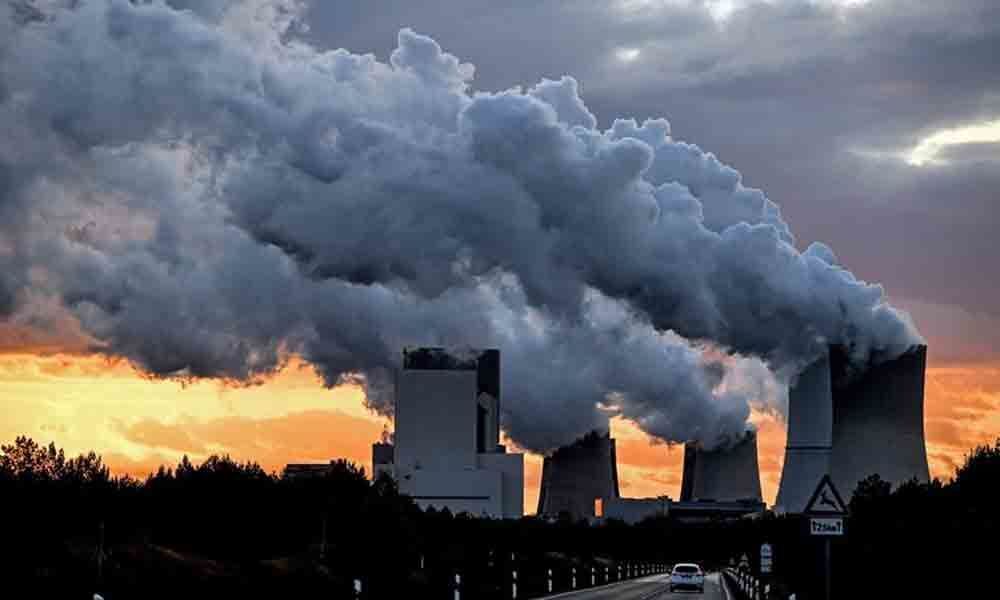Global warming shrank Indian economy by 31 per cent

Global warming has caused the Indian economy to be 31 per cent smaller than it would otherwise have been, according to a Stanford study which shows how Earth's temperature changes have increased inequalities
Global warming has caused the Indian economy to be 31 per cent smaller than it would otherwise have been, according to a Stanford study which shows how Earth's temperature changes have increased inequalities.
The study, published in the journal Proceedings of the National Academy of Sciences, showed that growing concentrations of greenhouse gases in Earth's atmosphere since 1960s have enriched cool countries like Norway and Sweden, while dragging down economic growth in warm countries such as India and Nigeria.
"Our results show that most of the poorest countries on Earth are considerably poorer than they would have been without global warming," said climate scientist Noah Diffenbaugh, from Stanford University in the US. "At the same time, the majority of rich countries are richer than they would have been," Diffenbaugh said in a statement.
The study from 1961 to 2010, global warming decreased the wealth per person in the world's poorest countries by 17 to 30 per cent. Meanwhile, the gap between the group of nations with the highest and lowest economic output per person is now approximately 25 per cent larger than it would have been without climate change.
While the impacts of temperature may seem small from year to year, they can yield dramatic gains or losses over time. "This is like a savings account, where small differences in the interest rate will generate large differences in the account balance over 30 or 50 years," said Diffenbaugh. After accumulating decades of small effects from warming, India's economy is now 31 per cent smaller than it would have been in the absence of global warming, he said.
Although economic inequality between countries has decreased in recent decades, the research suggests the gap would have narrowed faster without global warming. The study builds on previous research in the team analysed 50 years of annual temperature and GDP measurements for 165 countries to estimate the effects of temperature fluctuations on economic growth. They demonstrated that growth during warmer than average years has accelerated in cool nations and slowed in warm nations.
"The historical data clearly show that crops are more productive, people are healthier and we are more productive at work when temperatures are neither too hot nor too cold," said Marshall Burke, a Stanford assistant professor of Earth system science.
"This means that in cold countries, a little bit of warming can help. The opposite is true in places that are already hot," said Burke. Researchers combined data from more than 20 climate models developed by research centres around the world. Using the climate models to isolate how much each country has already warmed due to human-caused climate change, the researchers were able to determine what each country's economic output might have been had temperatures not warmed.








